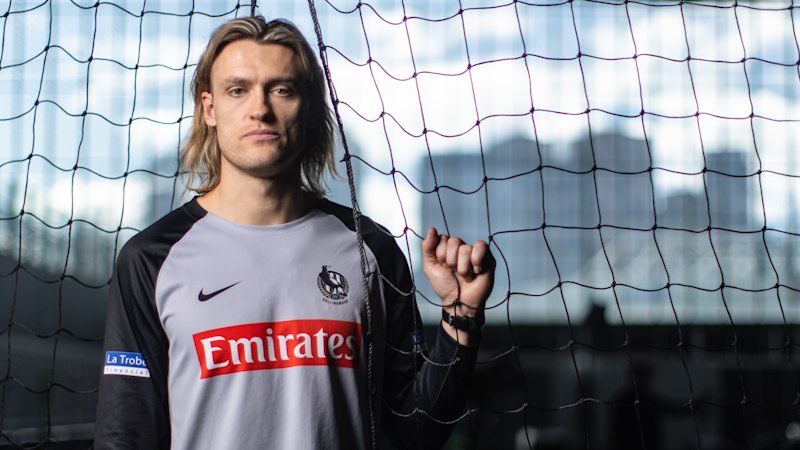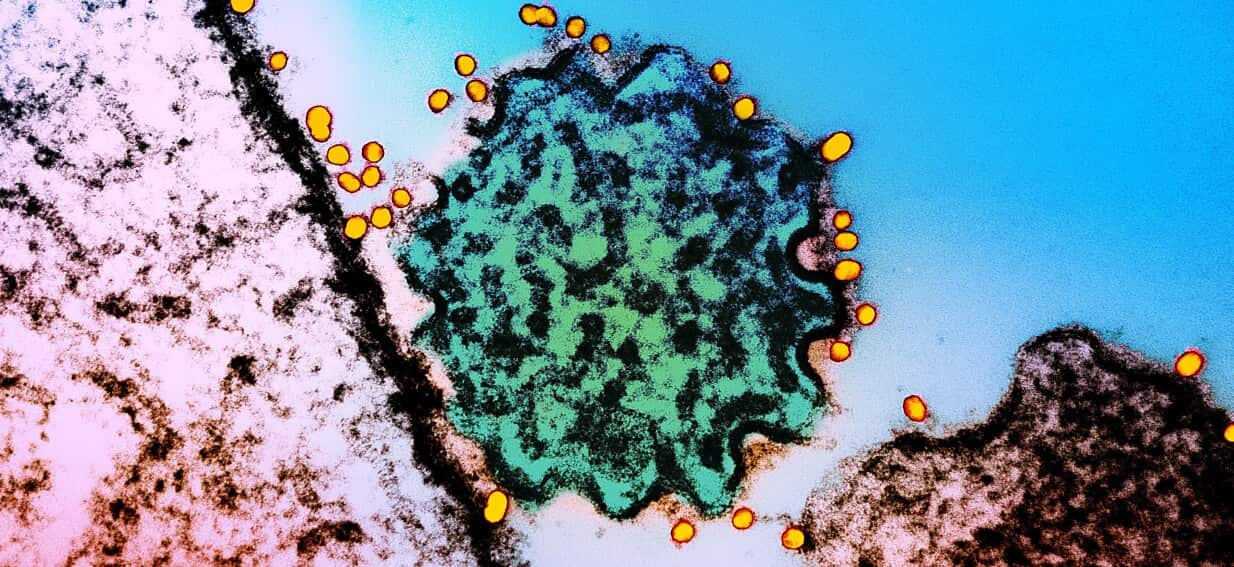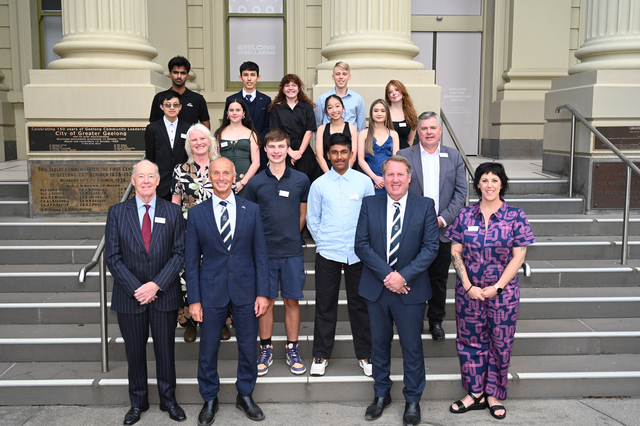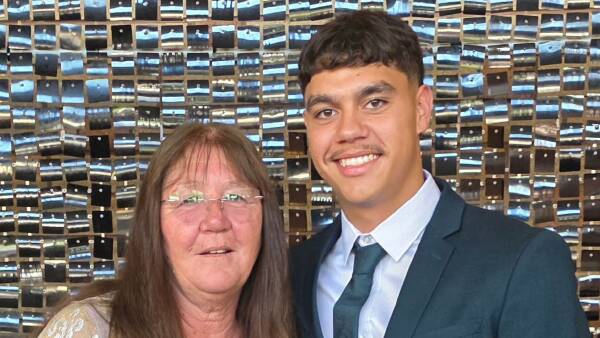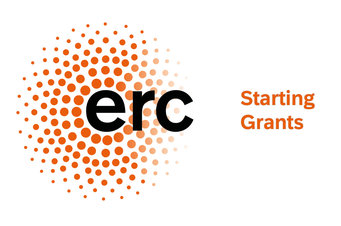
The Max Planck Society (MPG) has achieved a remarkable feat by securing 17 awards in the latest round of the European Research Council (ERC) Starting Grants, maintaining its status as a leader in European research funding. With 56 applications submitted, the Society boasts a success rate of approximately 30 percent, reinforcing its strong performance in previous years.
This year, the MPG shares the top position in Europe with the French research organization, CNRS, which also received 17 grants. Following closely are the University of Oxford with 12 grants, the University of Amsterdam with 10, and ETH Zurich with 9. The Helmholtz Association secured 8 grants. Overall, the ERC reviewed 3,928 applications, approving 478, translating to a success rate of 12 percent.
Germany leads the European ranking with a total of 99 grants, outpacing the United Kingdom with 60, the Netherlands with 44, and France with 41. Within the Max Planck Society, the Humanities and Social Sciences Section (GSHS) demonstrated exceptional success, achieving a peak approval rate of 46 percent with 6 out of 13 applications successful. The Biology and Medicine Section (BMS) had 4 out of 15 applications approved, while the Chemistry, Physics, and Technology Section (CPTS) saw a success rate of 25 percent with 7 out of 28 applications.
ERC Starting Grants and Their Impact
The ERC Starting Grants play a vital role in supporting outstanding early-career researchers, providing an average of €1.5 million over five years. These grants empower researchers to establish their own teams and explore innovative ideas independently, fostering an environment of creativity and scientific advancement.
The following researchers within the Max Planck Society were awarded ERC Starting Grants this year:
Chemistry, Physics & Technology
– Anna De Graaff – Max Planck Institute for Astronomy
– Christian Renggli – Max Planck Institute for Solar System Research
– Mariya Toneva – Max Planck Institute for Software Systems
– Rahul Trivedi – Max Planck Institute of Quantum Optics
– Alexander Wietek – Max Planck Institute for the Physics of Complex Systems
– Alexander Winkler – Max Planck Institute for Biogeochemistry
– Guanqui Qiu – Max-Planck-Institut für Kohlenforschung
Humanities and Social Sciences
– Ugofilippo Basellini – Max Planck Institute for Demographic Research
– Arthur Kocher – Max Planck Institute for Evolutionary Anthropology
– Marília Nepomuceno – Max Planck Institute for Demographic Research
– Hannah Sarvasy – Max Planck Institute for Psycholinguistics
– Oleg Sobchuk – Max Planck Institute for Evolutionary Anthropology
– Sofie Valk – Max Planck Institute for Human Cognitive and Brain Sciences
Biology & Medicine
– Can Aztekin – Friedrich Miescher Laboratory
– Valentin Flury – Max Planck Institute of Immunobiology and Epigenetics
– Juliane Glaser – Max Planck Institute of Immunobiology and Epigenetics
– Martina Preiner – Max Planck Institute for Terrestrial Microbiology
This achievement underscores the Max Planck Society’s commitment to fostering research excellence and its pivotal role in shaping the future of science in Europe.

